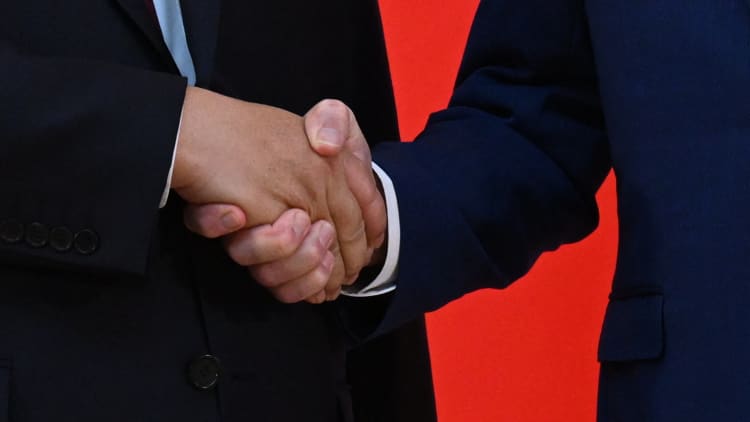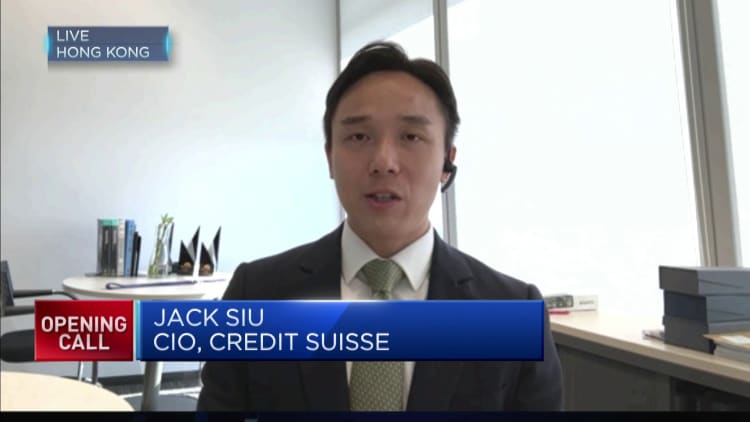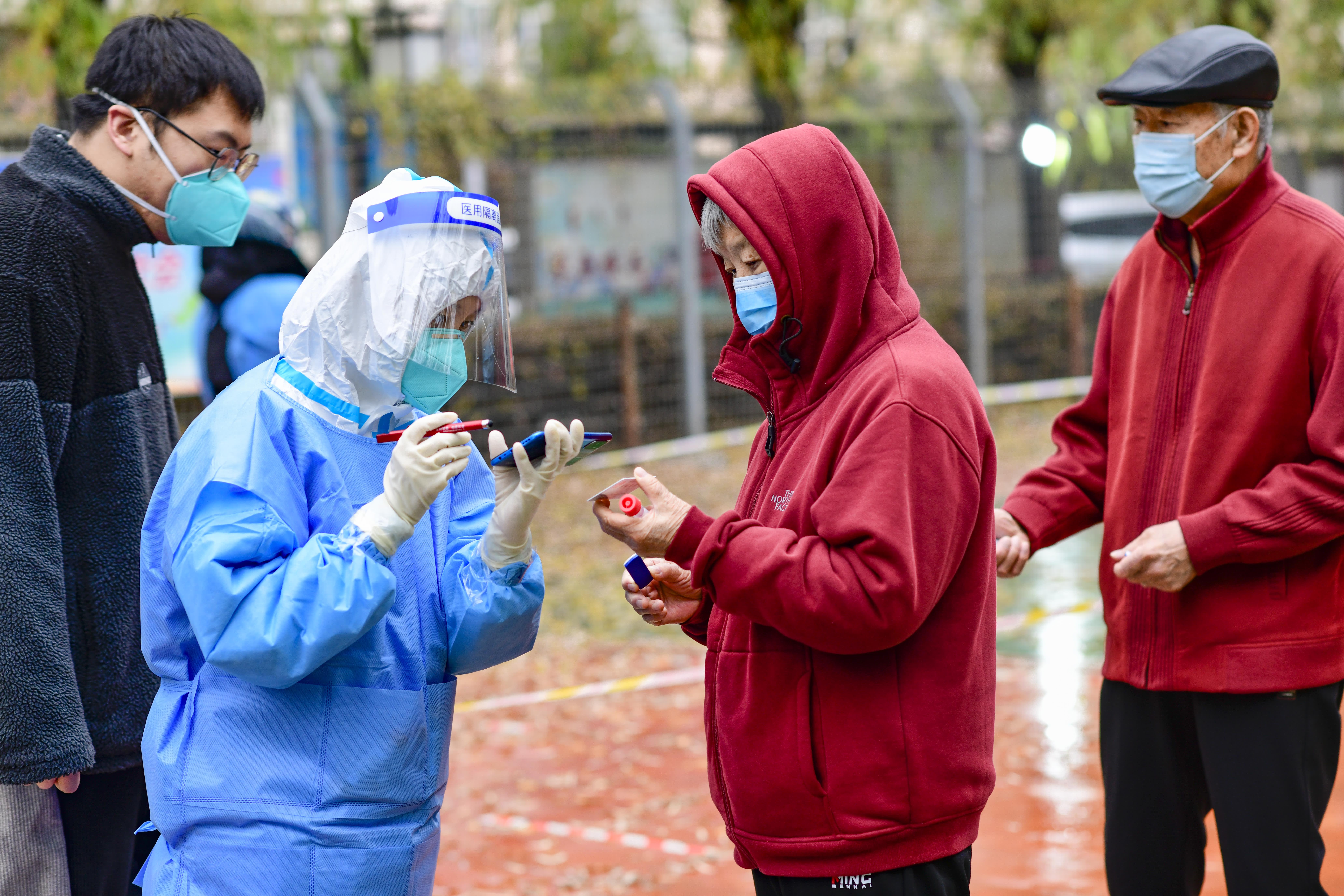Singapore won’t take sides in geopolitical conflicts and will instead take positions that support the rule of law, the country’s Education Minister Chan Chun Sing said in his keynote address at the Morgan Stanley Asia Pacific summit in Singapore on Wednesday.
He said the world should remain interdependent despite pressures to break up, as any kind of fracture would make individual countries “suboptimal” and suffer economically.
related investing news
“With interdependence comes risk, but a fragmented world with less interdependence, where people and major countries believe that they can enhance their security, and indirectly aggravate the insecurities of another country, that cannot be a win-win situation,” Chan said.
“Global businesses have a voice and need to make their voice heard, that you prefer an integrated world, and not a fragmented world,” Singapore’s Education Minister Chan Chun Sing (pictured here in 2019) said.
Bloomberg | Bloomberg | Getty Images
“It’s important to remember that a more interdependent world is a safer world. But today, because of the pressures, both domestically and globally, there is a temptation to think that if the world fragments, two different blocs, each of the different blocs would be safer.”
Chan said if fragmentation continues, countries and companies will perform less than optimally, “rather than … enjoy the last 50 years of rapid growth based on a globally integrated system.”
In the recent months when Russia moved into Ukraine, we objected to it. People ask, is this a pro-U.S. move? Or is it an anti-Russia or anti-China move? Neither.
Chan Chun Sing
Singapore education minister
Now, the rules-based international security system and trading order have once again “come under strain” and cannot be “take as a given,” he added, citing the example of the Cold War.
He cited Russia’s war in Ukraine and the World Trade Organization dispute settlement crisis as some of the cracks in the system.
Speaking directly to the business leaders and investors at the investment conference, Chan called for global integration.
“Global businesses have a voice and need to make their voice heard, that you prefer an integrated world, and not a fragmented world,” Chan said.

He said Singapore would also play its part by bridging and “interoperating” across fragmenting blocs.
“We believe there will be a premium for connectivity, stability, progressiveness, cohesion, and trust,” Chan added.
Fragmentation is starting to tear at the stability of the global economy, Morgan Stanley Investment Management said in a separate note on Wednesday.
Deglobalization and the breaking up of supply chains, for example, are fueling inflation, said Andrew Harmstone, senior portfolio manager at the company.
“World trade as a percent of GDP had in the past been going up very fast, which contributed to the very low rate of inflation. But the trend towards reshoring will tend to reduce trade,” he said.
According to the Hinrich Foundation, though terms like “friend-shoring” have been added to the U.S. trade policy lexicon and those of other countries like Japan, little has been revealed about what they mean.
“If governments seek to intervene in a supply chain, they must make the case that they observe the risks better than firms do. But it is unclear which market failure friend-shoring policies will fix without further fragmenting the world trading system,” said Halit Harput, author of the Hinrich report.
‘Best guarantee’ of a small country’s survival
Chan said Singapore would continue to refrain from taking sides but it would take positions that are consistent.
“In the recent months when Russia moved into Ukraine, we objected to it. People ask, is this a pro-U.S. move? Or is it an anti-Russia or anti-China move? Neither. When the U.S. moved into Grenada, we objected. When the USSR moved into Afghanistan, then we object,” Chan said.

“We believe that the rule of law, especially on the international front, is the best guarantee for the survival of a small country.”
“And that applies not just to Singapore, but I will suggest that, that applies to every country in ASEAN as well.”
And while positive words were exchanged between U.S. President Joe Biden and Chinese President Xi Jinping on the sidelines of the Group of 20 meeting on Monday, Chan said, it’s important to watch the actions that follow.
Read More:There’s no win-win situation in fragmented world
2022-11-17 02:56:00


